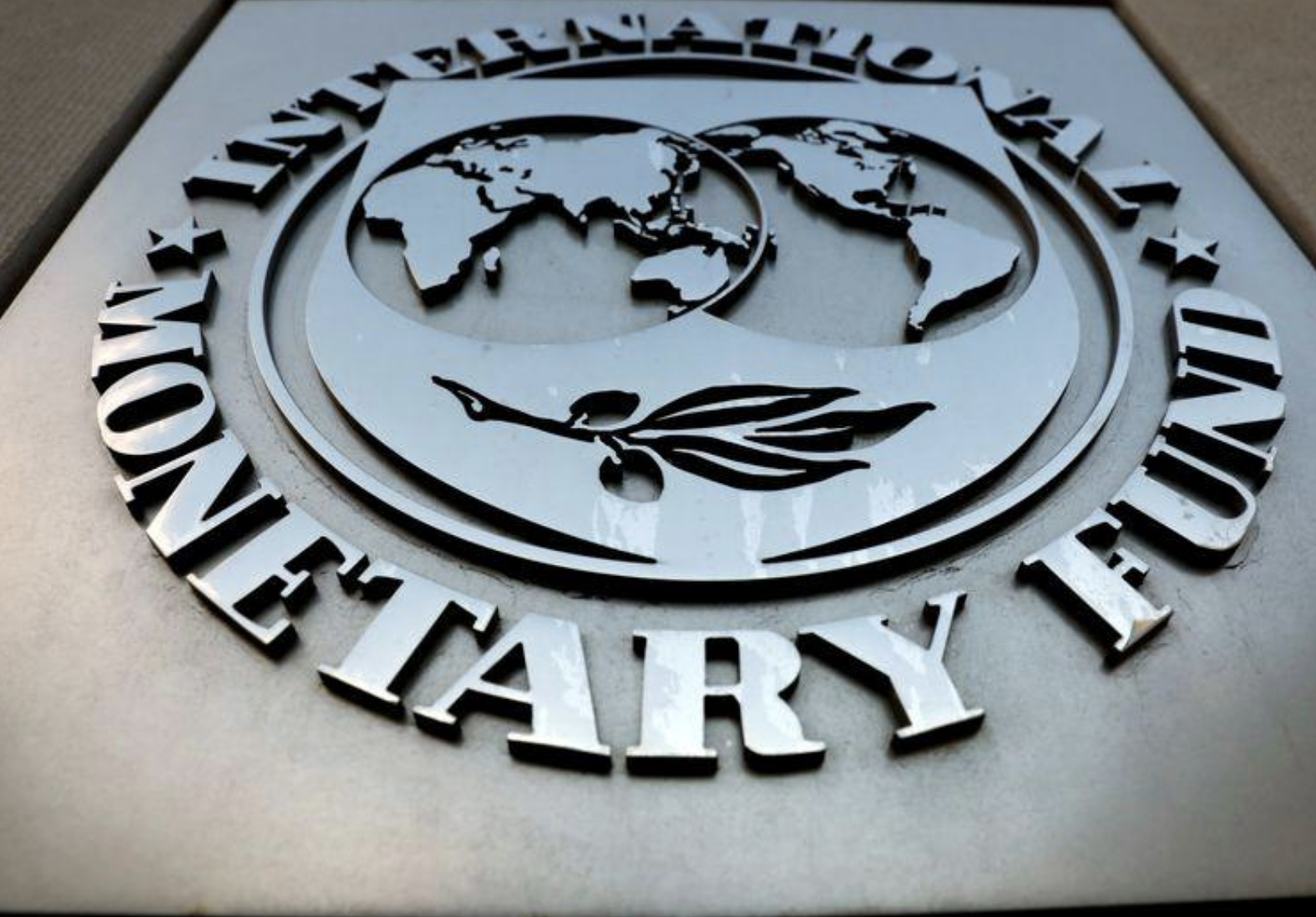
Nigerian state revenue too low to power economy- IMF

The Nigerian government must improve tax collection because the revenue is lower than the minimum amount required for the country to play an enabling role in the economy, an official from the International Monetary Fund said.
“Nigeria has one of the lowest revenue levels globally and much lower than peers in sub-Saharan Africa and other oil exporters,” IMF Mission Chief to Nigeria Jesmin Rahman said on a virtual call Thursday.
According to Rahman, “raising taxes at this time is inappropriate due to the impact of the coronavirus pandemic. The government needs to play a supportive role until the current crisis ends, when mobilizing domestic revenue will be a key pillar of macroeconomic sustainability.”
“Before you go about raising taxes, we need to first make sure that we collect everything that is collectible,” Rahman said. “At the moment, Nigeria has a very low tax efficiency rate.”
IMF urged the West African nation to increase its comparatively low value-added tax rate once the crisis passes as well as derive new excise duties and overhaul its oil and gas sector.
Rahman said that to increase revenue and make tax collection efficient, Nigeria has to improve its audit capacity and update its tax registry.
While the lender rates Nigerian debt as sustainable, the level has gone up quickly and should be monitored closely. Debt servicing is “worrisome” because it’s expected to gulp down most of government revenue this year, she said.
“Even though the debt level itself is not a concern for sustainability, it’s servicing capacity is severely constrained and requires a close watch,” Rahman said.






